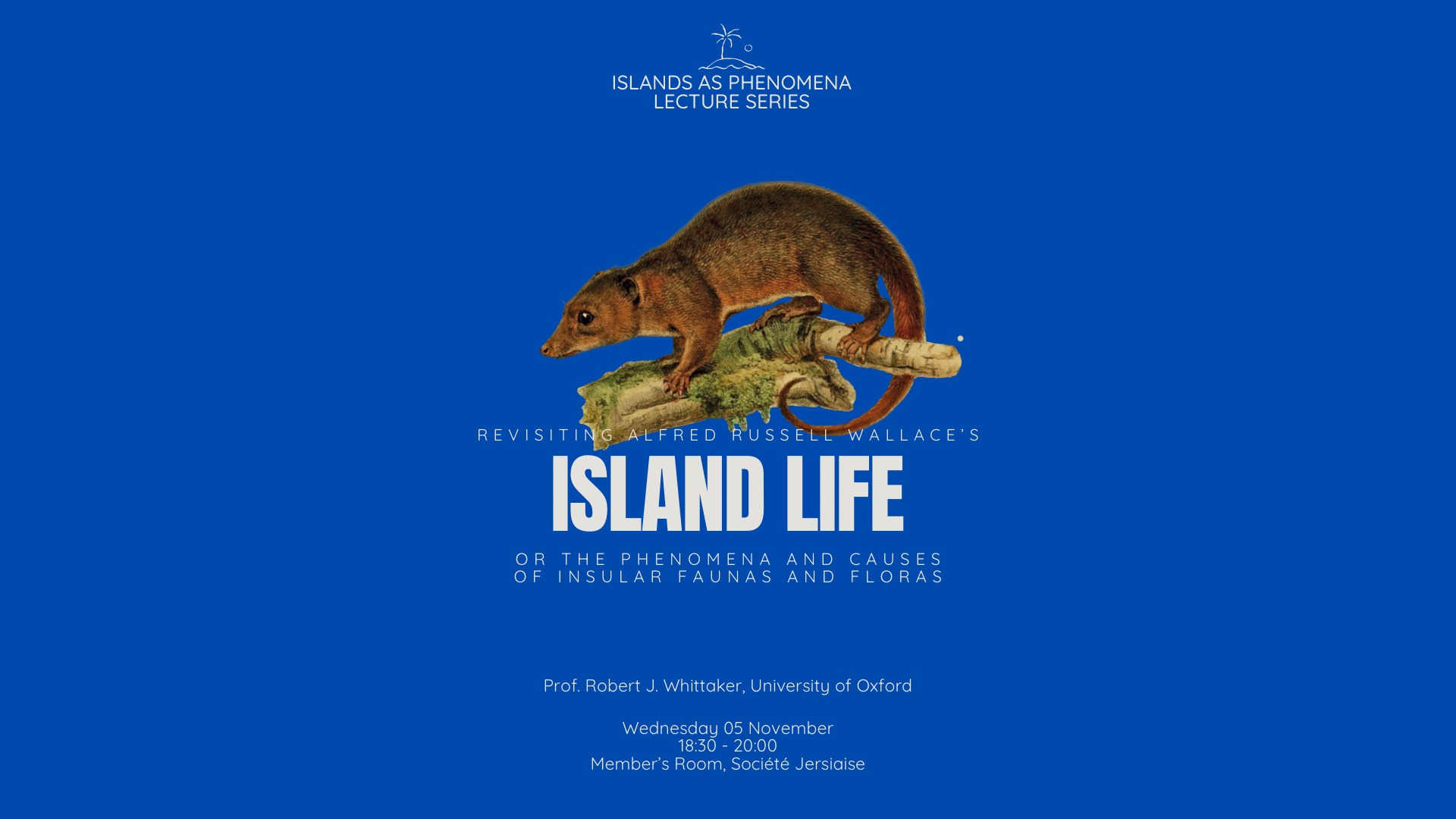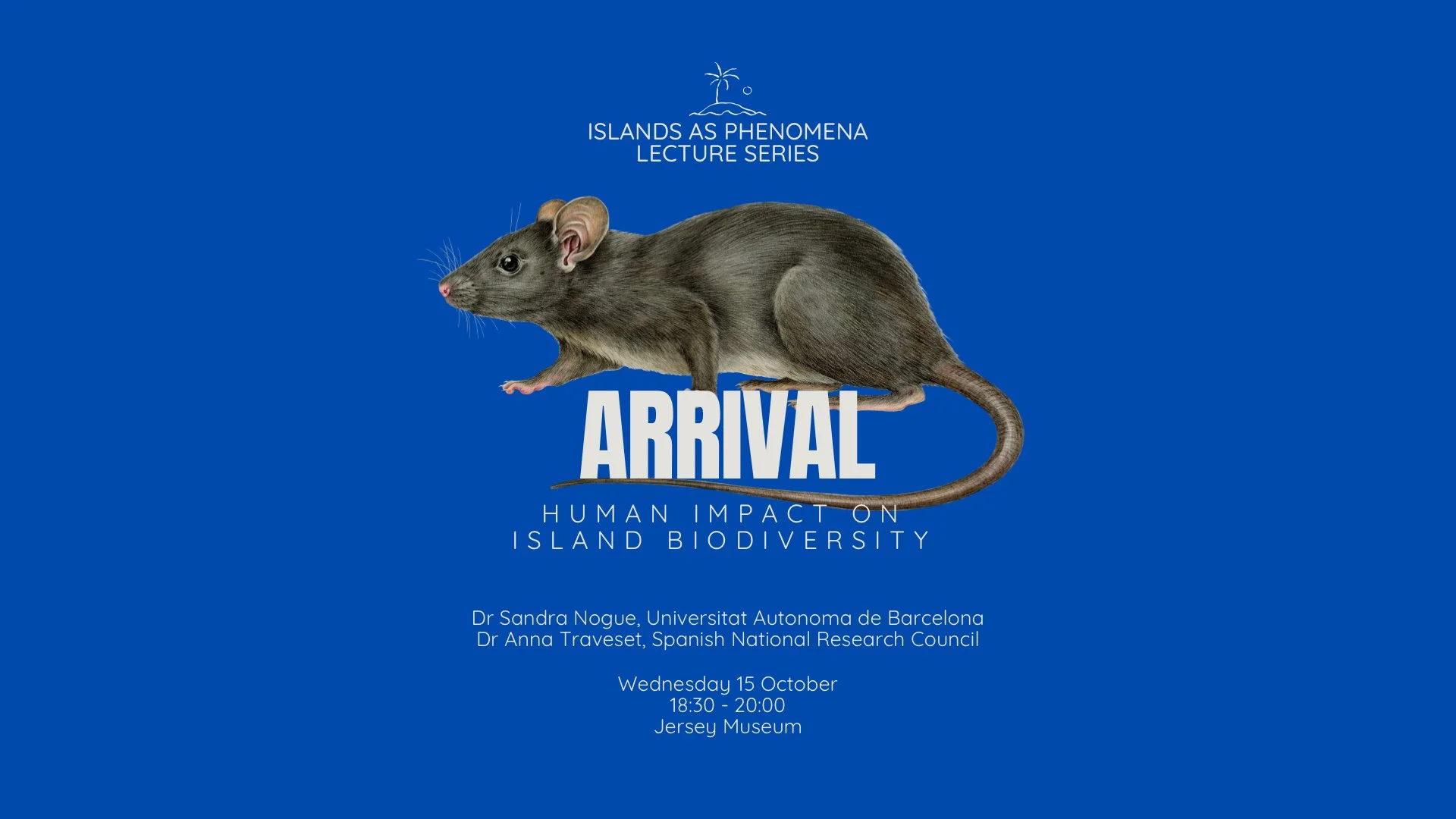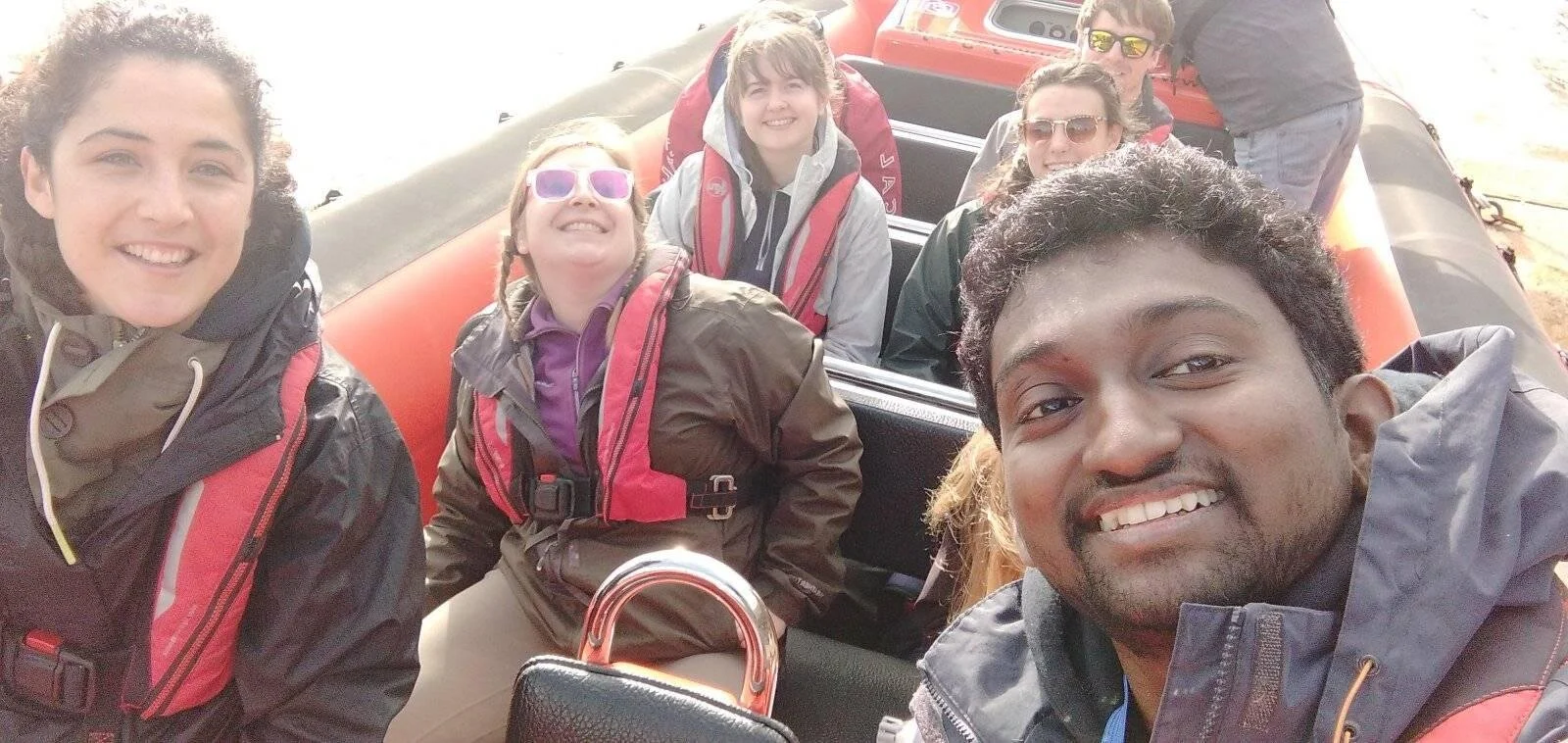#wedoislands
APPLY NOW! FOR OUR MSc ISLAND BIODIVERSITY AND CONSERVATION DELIVERED IN PARTNERSHIP WITH THE UNIVERSITY OF EXETER, BIOSCIENCES.
The Jersey International Centre of Advanced Studies (JICAS) has entered into a partnership with the University of Exeter to offer a Postgraduate Masters Programme in Island Biodiversity and Conservation. A consortium of world-leading academics has been drawn from institutions across three continents, to come together in Jersey to produce a unique programme of research-led study. The programme has been designed and is being delivered by JICAS in Jersey, with support from Exeter as the accrediting institution.




















